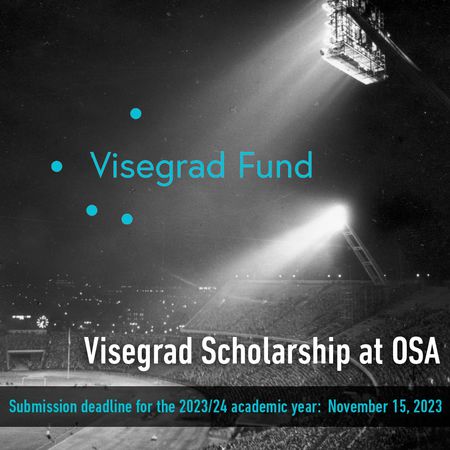In the context of the ongoing wars and escalating international conflicts, many analysts have proclaimed the end of Pax Americana, bringing about tectonic geopolitical shifts and either the final conclusion or the confirmation of the Cold War and its dichotomies. The Blinken OSA Archivum invites researchers, journalists, and artists to spend eight weeks in Budapest, Hungary, and reflect on the Lessons from the Cold War by taking cues from the Archivum’s collections, one of the world’s largest holdings on the history of the Cold War and of human rights violations.
Applicants are encouraged to explore the connections and differences between current times and the past, whether by reconstructing the histories and efficacy of human rights advocacy, uncovering the relationship between foreign policy and energy relations, or by linking the contemporary crisis of democracy to past modes of inquiry and activism. The Blinken OSA Archivum also provides opportunity to investigate Soviet and post-Soviet sources—from state propaganda and regional press to samizdat publications and Western reportage—that are increasingly difficult or impossible to access in today’s Russia.
Read the full announcement here!
Who can apply?
Applicants, preferably but not exclusively, from a V4 country, may be researchers, students after their second degree carrying out research, socially engaged artists, as well as journalists. Scholars at risk from war zones and refugees of conscience (scholars fleeing authoritarian regimes) are especially invited to apply. You can find suggested research topics and an introduction to the archival holdings here, and browse research reports by former fellows here.
About the Fellowship
The joint grant scheme of the International Visegrad Fund and the Blinken OSA Archivum has, since its start in 2010, allowed more than 250 fellows, from 61 countries, to do research at the Archivum in Budapest. Grants of 3,000 euros each are designed to provide access to the Archivum, and to cover travel to and from Budapest, a modest subsistence, and accommodation for a research period of eight weeks. Stipends for shorter periods are pro-rated.

